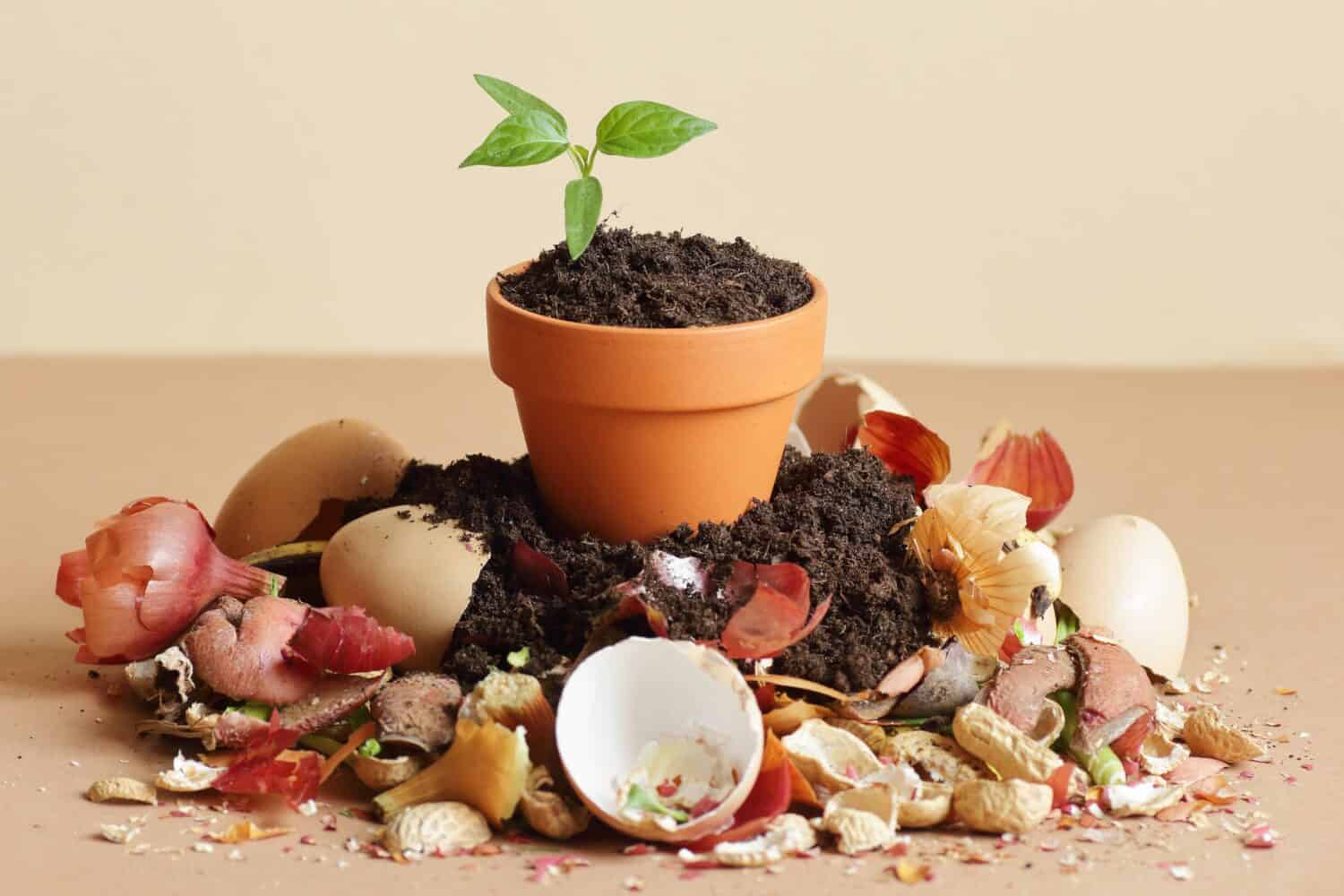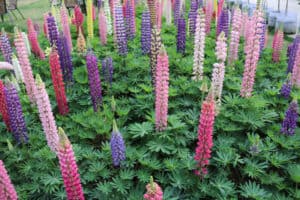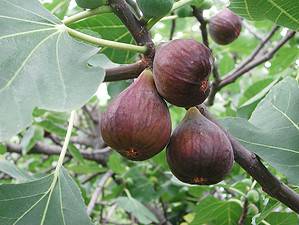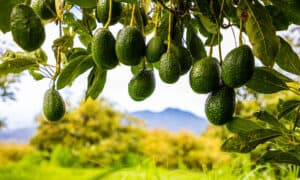Composting at home involves reusing or recycling organic materials to enrich the Earth’s soil through decomposition. For example, maybe you’re an avid coffee drinker and feel guilty continually tossing used coffee grinds in the garbage. Instead of wasting them, you can add them to your garden to enrich the soil and help the plants thrive.
You use food scraps, dried leaves, and even wood as compost. There are many benefits of composting a part of your everyday routine. Here are ten reasons you should start composting at home.
1. It Reduces Waste
The most common reason you should compost is that it reduces waste in the environment. In fact, food scraps make up the majority of landfilled municipal solid waste. When the waste breaks down anaerobically (without oxygen) in landfills, it emits dangerous greenhouse gases like methane, contributing to global warming and other environmental issues.
However, when we compost at home, these food scraps and other organic matter can break down aerobically (with oxygen) via natural decomposition. This cuts greenhouse emissions and contributes to a healthier environment.
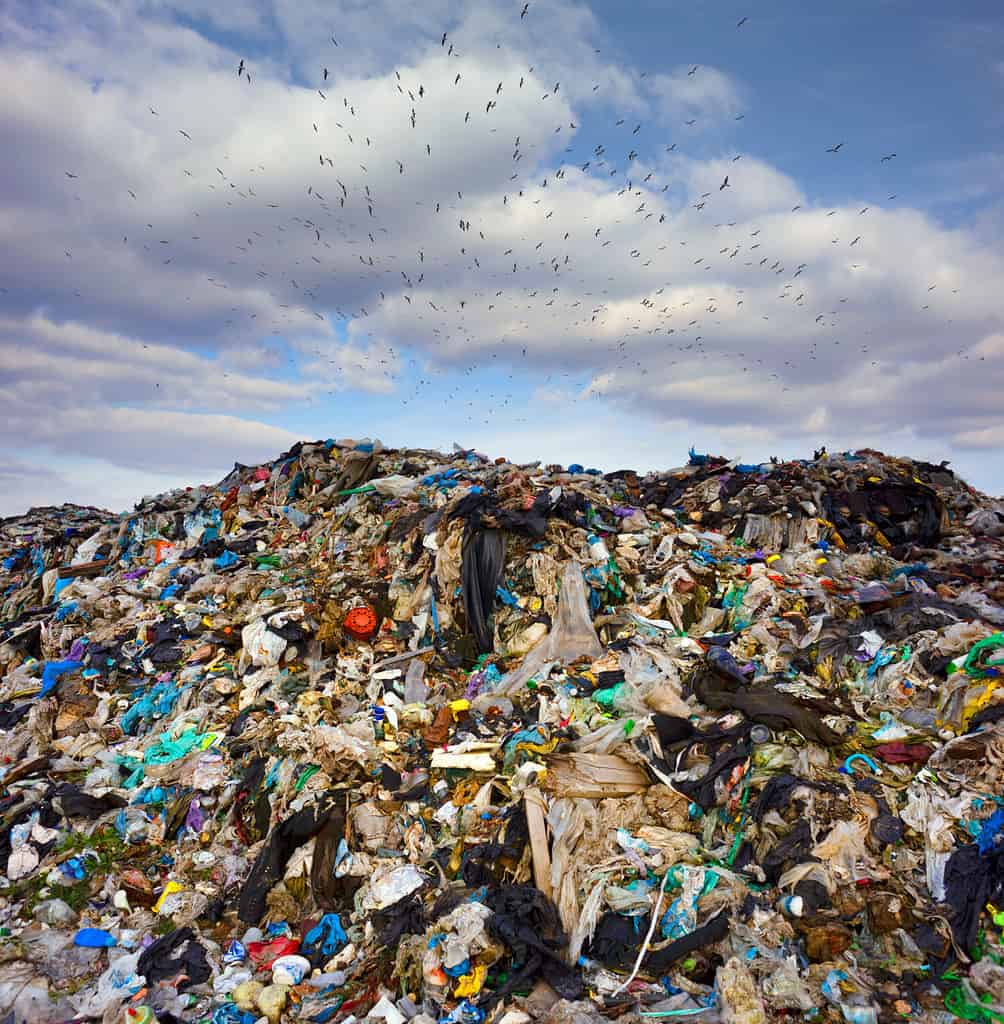
Composting is extremely beneficial to the environment, as it cuts down on waste and landfills.
©Roman Mikhailiuk/Shutterstock.com
2. It Promotes Plant Growth
Composting can provide plants with the proper nutrients necessary for growth, contribute to soil aeration, and prevent soil erosion. In fact, some materials can improve the soil’s structure and texture, allowing it to better retain water.
Plants need water and nutrients to survive, and the more access they have to organic matter (from compost like food scraps, leaves, and grass clippings), the more likely they will be to thrive in your garden — thus contributing to a healthier environment.
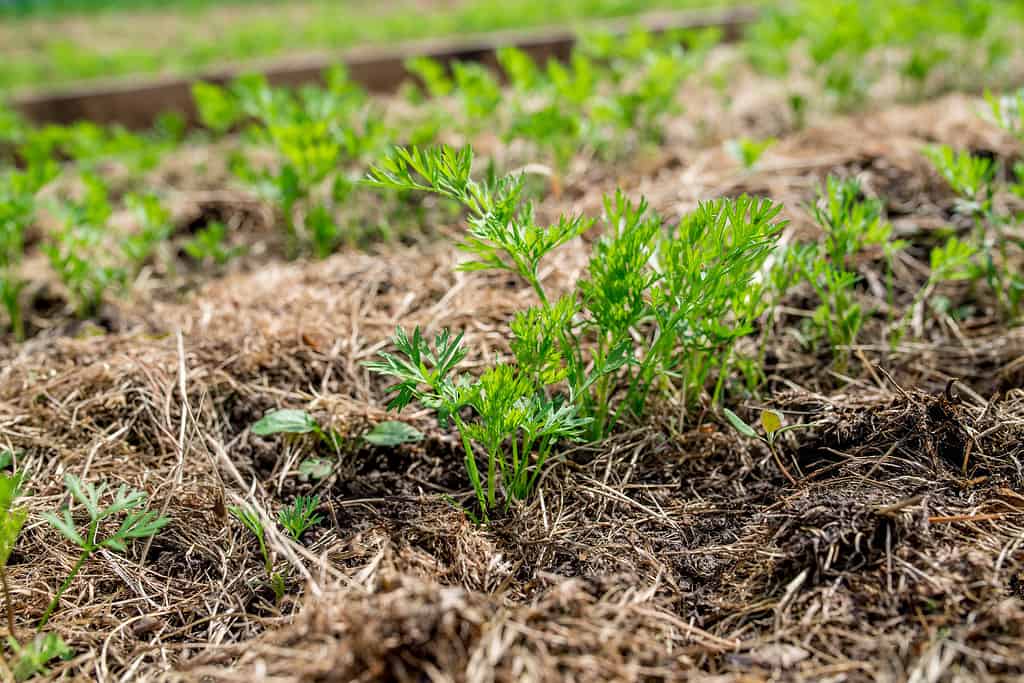
Plants grown in the presence of compost also tend to be less susceptible to diseases, bacteria, and fungi.
©Kuznetsov Dmitriy/Shutterstock.com
3. It Reduces the Need for Pesticides and Fertilizers
Pesticides and fertilizers often carry toxic chemicals that are dangerous to the environment. Pesticides can actually kill wildlife, like birds, fish, beneficial insects, and other vegetation. Fertilizers, on the other hand, can run off into waterways like streams and lakes, thus contributing to algal growth and harming living organisms.
Your plants can get the proper protection and nutrients through your organic compost. In fact, by laying compost over your soil, you can prevent the growth of weeds and deter common garden pests.
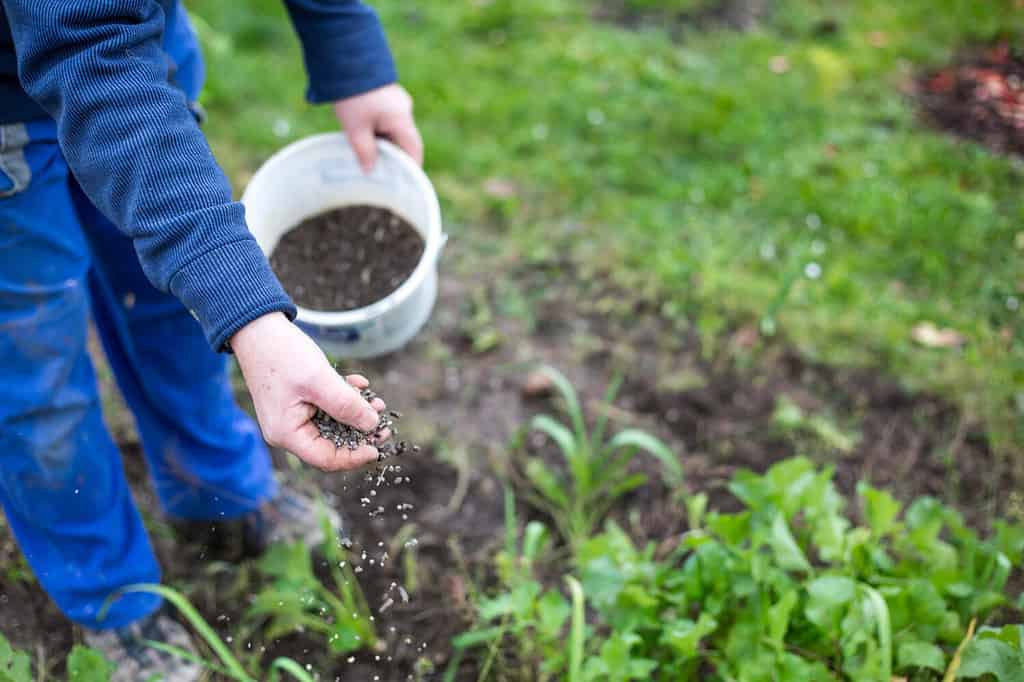
Composting provides even more necessary nutrients than plants would typically get from fertilizers.
©Simon Kadula/Shutterstock.com
4. It Enriches the Soil
As noted above, compost adds nutrients to the soil, enriching it for healthy plant growth. Not only that, but it also slowly releases nutrients over time rather than all at once (like fertilizers do). This makes for more sustainable soil, as plants need continuous access to such nutrients.
Compost also provides more diverse nutrients than fertilizers. As organic materials and food scraps break down, they return essential vitamins and minerals back to the soil for plants to absorb. In fact, they act as probiotics for the soil, adding necessary bacteria that create a fertile environment for plants to flourish.
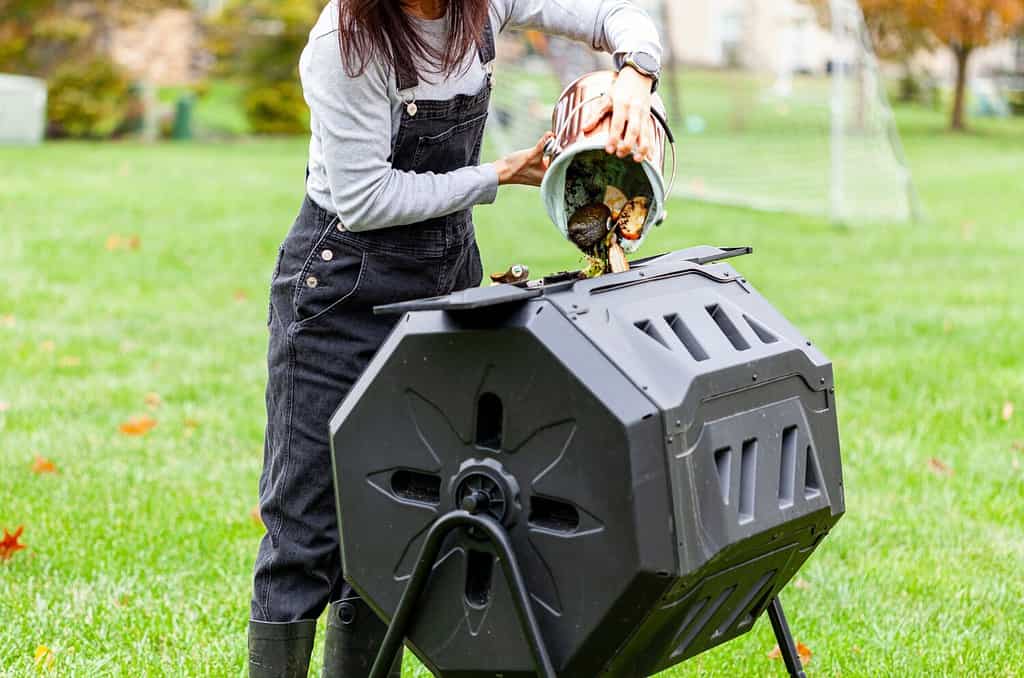
You can use compost tumblers to speed up the process of composting.
©grandbrothers/Shutterstock.com
5. It Helps You Reconnect With Nature
Composting helps you get outside and back into nature. Spending time in your garden can be great for your mental health, allowing you to ground into the Earth and spend more time outdoors. Additionally, as you compost materials like dry leaves, grass clippings, and yard trimmings, you might develop a deeper respect for nature, the environment, and all living organisms.
Many of us are quick to throw away organic matter that can actually benefit our air and climate if composted. By learning more about composting and reconnecting with nature, you’ll likely experience a newfound appreciation for Earth’s soil and materials, as well as their ability to cultivate new life.
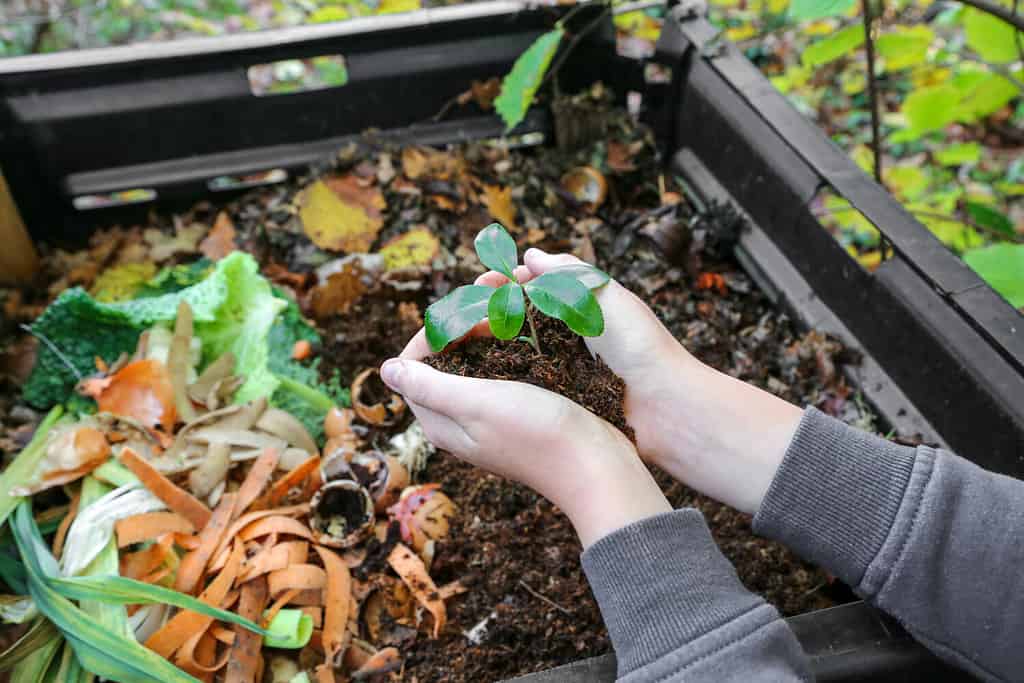
Composting can be a grounding practice that benefits your health as well as the environment.
©Jerome.Romme/Shutterstock.com
6. It Increases Your Awareness Regarding Waste
The more you compost, the more aware you will become of your waste. You will likely start thinking twice about what you’re throwing away, how much food you’re wasting, and whether you’re properly recycling or discarding food scraps and other materials you can compost.
Additionally, you might become more in tune with the environment as you are more intentional with your waste reduction. The more you learn about the dangerous impacts of waste, like greenhouse gases and their impacts on our climate, the more likely you’ll want to continue and improve your sustainability efforts through composting.
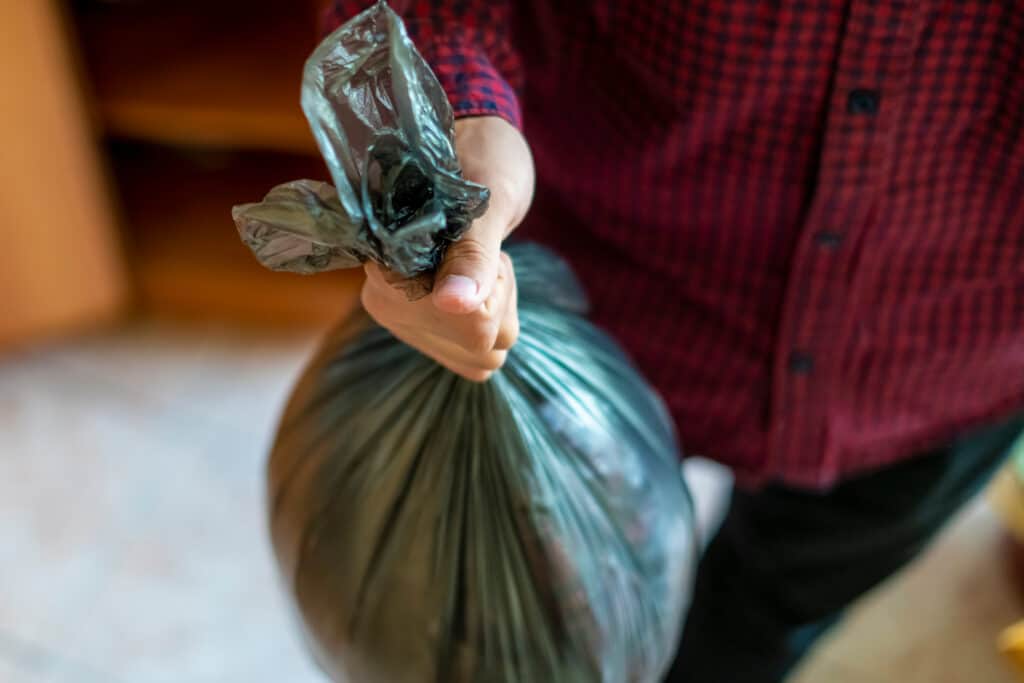
Composting might make you more aware of how much waste you contribute to the environment.
©Mike_shots/Shutterstock.com
7. It Eliminates Odors
Many people assume that if you compost, your yard will smell like a dumpster, but this couldn’t be further from the truth. In fact, it will make your actual garbage less smelly while not adding any sort of bad odor to your garden or soil. This is because waste that decomposes aerobically with water and oxygen does not develop the same strong, foul-smelling scent it does in a garbage can/bag or landfill.
Additionally, since you’re eliminating this type of waste from your trash, your kitchen, and garbage bin will likely smell much better as well.
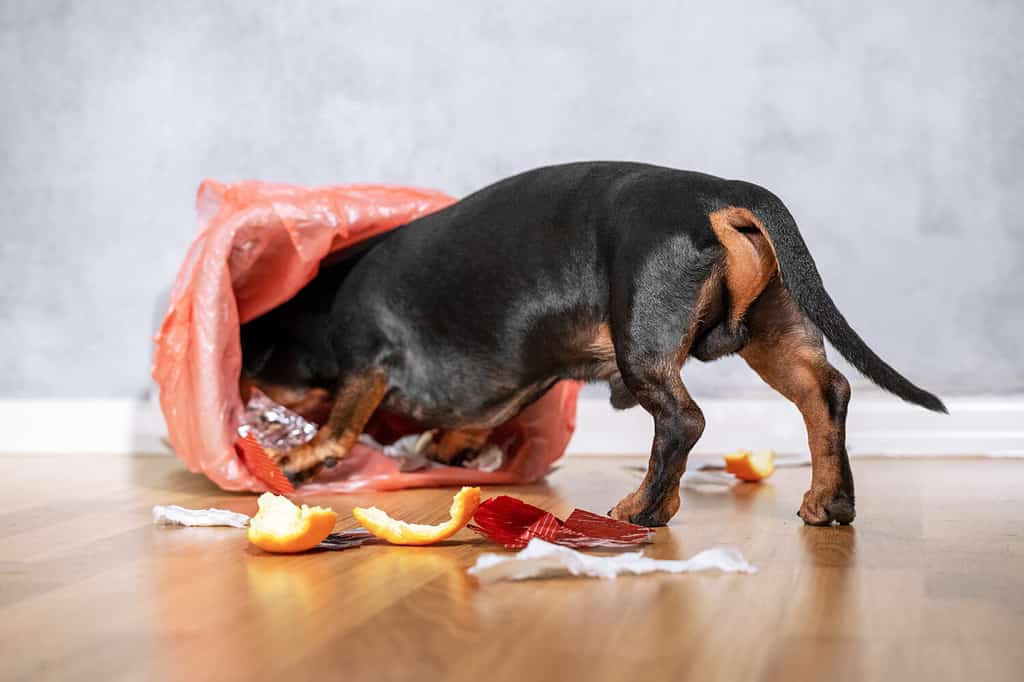
The fewer food scraps you have in your trash, the less smelly it will be.
©Masarik/Shutterstock.com
8. It Saves Money
When you use compost in your garden or yard, you won’t need to spend as much money on fertilizers or pesticides. Additionally, since you’re essentially reusing/recycling material, you’re getting multiple benefits for the price of one item. In other words, if you’re purchasing food to eat and then using leftovers to enrich your garden’s soil, that’s a two-for-one value you’re reaping.
Also, composting eliminates or decreases your need for trash disposal, which can be quite pricy. Reducing your trash pickup frequency can save you a ton of money. Additionally, you can lower your water bill because you won’t need to water your plants and garden as much (since their soil retains more water).

Composting can save you money on a handful of things, from fertilizers to trash disposal.
©Singkham/Shutterstock.com
9. It Saves Water
As mentioned earlier, composting helps soil retain more water by developing healthier root systems. This means you won’t need to use as much water to keep your soil moist, and you will help reduce water runoff. This is especially helpful in locations that often suffer from droughts, as you can maintain healthy vegetation without sacrificing much-needed water in your community and region.
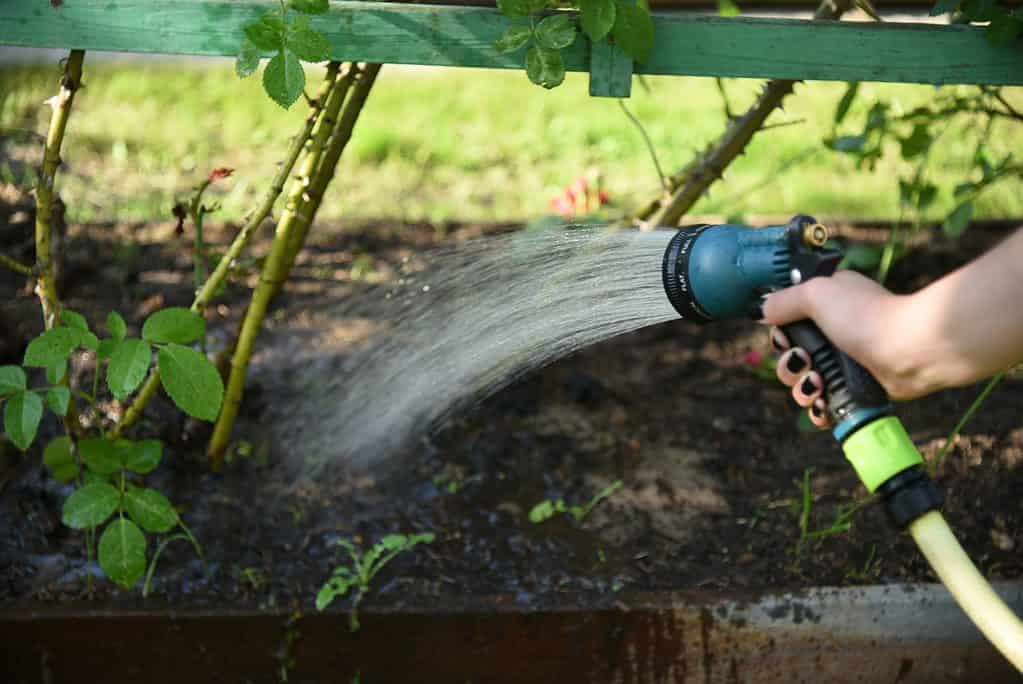
Conserving water helps the environment by saving energy and reducing your carbon footprint.
©photoPOU/Shutterstock.com
10. It’s Easy
Composting is an easy process that doesn’t require much effort or upkeep. Just as you would maintain your garden with fertilizers or pesticides, you’ll use your compost to achieve the same effects. This actually will save you time, as you’re getting multiple benefits from your compost.
To compost, you can create a compost pile or use a bin to hold all the material. Experts recommend including carbon-rich materials like dry leaves and twigs, nitrogen-rich materials like grass clippings and food scraps, water, and oxygen for the best results. You can collect your food scraps in your kitchen as you’re finished with them and collect carbon-rich and nitrogen-rich materials from your yard whenever you do yard work. However, make sure you’re breaking down the material into small pieces so they can more easily decompose. You want to strike the right balance of materials to ensure they’re getting enough water and oxygen for composting.
If you’re intimidated by the idea of composting, start small and build your knowledge as you go. Even the slightest changes make a difference.
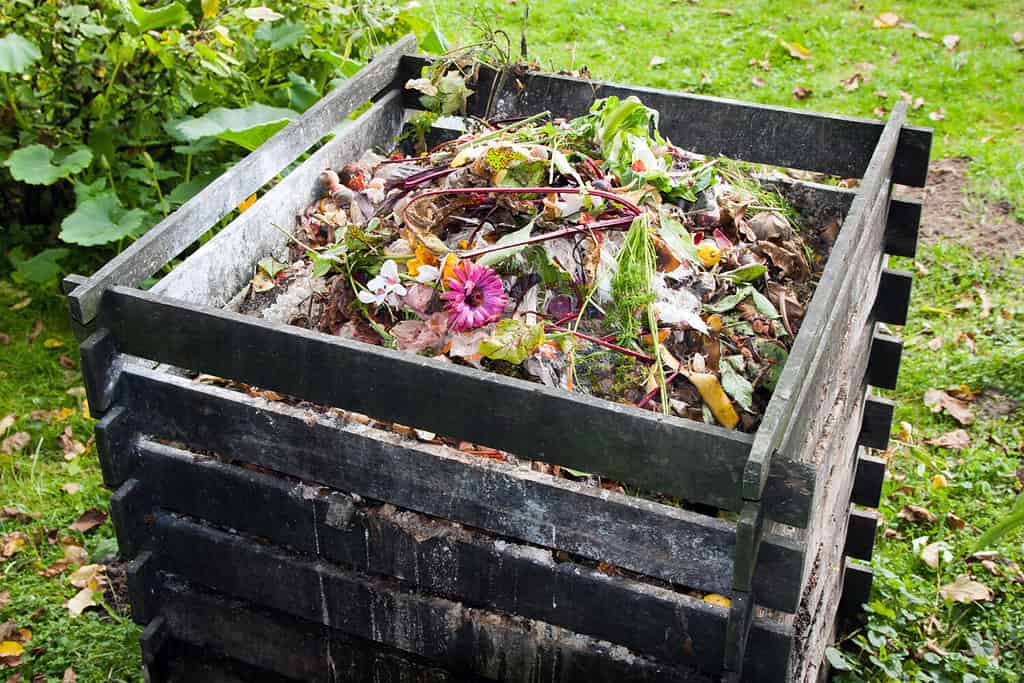
Composting at home is extremely easy and beneficial — to the environment, your yard, your home, and even your bank account.
©Evan Lorne/Shutterstock.com
Thank you for reading! Have some feedback for us? Contact the AZ Animals editorial team.

